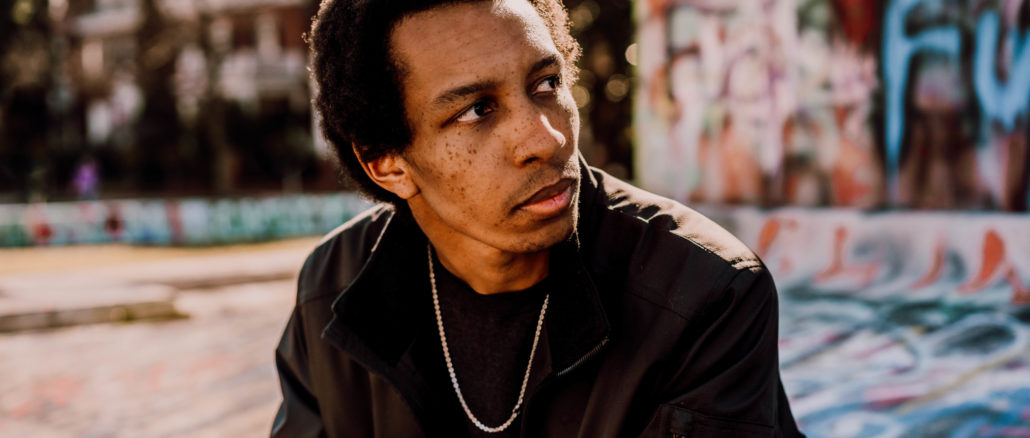
This series spotlights musical artists from The Nasiona‘s first compilation album, Volume 1: Petrichor.
Whitney & The Saying Goes’s track “Somebody Must’ve Prayed for Me” is featured in the volume.
Joel Worford is a writer and musician from Richmond, Virginia. His short fiction appears in High Shelf Press, Random Sample Review, The Bookends Review and more. Joel is the 2018 recipient of Longwood University’s Outstanding Creative Writing Student Book Award, as well as a Best of the Net nomination in 2019. His band, Whitney & The Saying Goes, will release their debut album in the spring of 2021. Joel serves as fiction editor at K’in Literary Magazine. He also enjoys music, literature, and tennis.
Artist statement: Whitney & The Saying Goes is the original music project of Joel Worford. The group creates soul music in the broadest sense of the term, by celebrating the uninhibited artistic expression and stylistic innovation that has always characterized Black music. Worford is joined by Jon Chadwick (Drums) and Chip Hale (Bass).
INTERVIEW
What does countercurrence mean to you, and what is it like to make music when you are outside those mainstream voices that are usually given a platform?
I think it’s important to separate making music vs. navigating the music industry. America’s systems of oppression have never succeeded in preventing black people from making music. Even in the early days, our ancestors were melodic pioneers – creating new genres and innovations while they were picking cotton in the fields. So when I make music – when I’m singing, playing guitar, or writing a song – I believe that that act of expression transcends racial boundaries. In those moments, I’m allowed to truly become the individual that I am, or even embody the person I want to be. I say ‘allow,’ because I believe that this is a privilege that America often tries to take away from black people. But as long as I have hands to write with and a mouth to sing with, I’ll be good.
When it comes to the industry, it’s a different story entirely. For as much as this country loves to celebrate (and take credit for) black art, we also love to police it. The most obscure black music right now, is probably where American popular music will be in ten or fifteen years. I’m still trying to figure out whether it’s better to learn to play the game, or ignore it entirely. As much as I hate it, at some point it’s like, ‘a man’s gotta eat.’ Something that I’m learning now that’s sad to me, is how that part that America can’t take away from us – the emotional and creative expression – gets diminished when it’s brought against the industry gatekeeping and art policing that one must face to have a career. I think this leads a lot of black artists to give up…
Would you always have turned to music as an important avenue through which you express your BIPOC identity? Or have you always found ways to do this, which happen to include music?
For as long as I can remember, I’ve been creating things. When I was in elementary school, I used to outline my Yu-Gi-Oh and Pokemon decks on index cards and then make my own characters and designs. When I got into Harry Potter, the first thing I wanted to do was create spells. And I think all of this was essential to my expression of blackness. It’s very important to me that my focus stay on representing myself as a black individual, and not as a generalization or stereotype for black liberation and social activism. Music was always a part of my life, but I didn’t really become a musician until I was 17. Before that, I played tennis quite a lot. I also had a knack for English pretty early on, and can’t remember a time when books weren’t a huge part of my life. Wrote a bit of poetry here and there in high school. All these things I did that made me happy – these were all ways I celebrated blackness, even before I knew what it meant to do so.
What are the differences or similarities you perceive in online and physical music communities, especially when our relationship to proximity has been indelibly altered?
The music community is really hurting right now. If there’s one art form that greatly relies on person-to-person interaction (don’t worry theater, I see you), it’s music. I remember how many hugs I used to get when I went to a friend’s show, or when they came to mine. It’s just a sad time for musicians right now. The economic support hasn’t really been there either, so a lot of us have been forced to play shows and perform against our better judgement. One thing I will say that has remained strong throughout this pandemic is the community’s readiness and willingness to support itself, and for musicians to support one another. I think that on the other side of this pandemic, we’ll see a lot of musicians focusing a lot more on YouTube and TikTok content as a result of the financial fallout from this disaster. But God, I hope live shows come back as strong as they were before. Aint nothin’ like the real thing!
Do you believe in breaking down the barriers that have long kept BIPOC musicians away from the same opportunities as their white peers, or should BIPOC musicians be looking beyond those traditional guidelines to success?
I’d say “yes” and “yes.” Those barriers need to be broken down, but we can’t wait for them to come down before we make the art we want to make and say what needs to be said. There are more ways than ever to release music right now. You’d think that as a result of this, there would be less gatekeeping, but really what’s happening is that there are a bunch of gatekeepers all over the place, and a lot of them are “new boss, same as the old boss.” It reminds me a bit of Motown back in the ’60s, where, all right, you’ve got this black-run, black-featuring label, but then the music they release is some of the most tightly controlled and formulaic art in popular music history (albeit, incredible art!). It wasn’t until artists like Marvin Gaye and Stevie Wonder pretty much told Berry Gordy to go stick it where the sun don’t shine that we got some of the most innovative and groundbreaking music in American history. Before that though, in my opinion, Motown was just black people being given the opportunity to be artistically controlled and catered to white audiences by other black people. But that’s what it had to be! Because we never would’ve gotten our Stevie Wonders or Marvin Gayes if Berry Gordy hadn’t forced all those artists to fit the formula so that they could ‘prove themselves’ to America. So yeah, for now, we’ve gotta game the game, essentially, before we can say what we want to say, the way we want to say it.
If you had to solely choose between walking in the legacy of a musician/musical tradition you admire, or forging your own path and inspiring others yourself, which would it be, and why?
As much as I love and admire the many artists who inspired and continue to inspire me to make music, there isn’t a single musician I’d rather be than the one I am now. Warts and all. I wouldn’t trade my voice, my career, or my songs for anyone else’s in history. I believe that I owe it to whoever comes after me to be true to my own individual experience. I believe that the experience I have to represent that no one has represented before could help someone else feel less alone, so I intend to go on following my way . I’ll never forget how understood I felt the first time I listened to D’Angelo, because I thought to myself “this sounds like the music I heard in the little black church I grew up in!” It wasn’t until I started listening to him that I realized how much of my identity I’d suppressed to fit into mainstream society. So yeah, I just gotta keep being true to my individual self – if a thousand people listen, great. If ten listen, great. I’m fine with making my music, even if it’s just for me, so long as it’s honest and true to what I believe.
THE NASIONA'S BIPOC Music + Spoken Word Series
Volume 1: Petrichor
About the Album
This first volume of The Nasiona’s music series encapsulates all the glorious highs and the searing lows of navigating the world as an empathetic, curious individual. The works contained in this volume — from mournful piano compositions, dazzling spoken word, spellbinding vocal layered-songs, to beautiful instrumentals — express the intricacies of being an artist of color in a too-often indifferent world; and like the scent that lingers long after the downpour, these masterpieces ask you to sit awhile, to close your eyes, to pay attention.
MUSICAL ARTISTS
ALBUM PRODUCERS
Music and oral narrators have always told stories that are as powerful, as moving as personal essays, and we at The Nasiona want to honor these tradition. For the second compilation audio volume of our BIPOC Music + Spoken Word Series, we seek submissions of tracks that align with our vision of centering, elevating, and amplifying Black, Indigenous, and People of Color, shedding light on neglected and intersectional identity experiences, while also celebrating our beauty, intelligence, creativity, and joy.
Whether you record your music or spoken word professionally, or whether you have gone the DIY way throughout; whether you are an emerging indie artist, or have never released a track or album; or whether you have simply felt overlooked by the mainstream musical landscape: we believe in your voice, your story, and your talent; and we want your work!
Tell us about growing up as a third culture kid, about living through trauma, about being misgendered, about slice-of-life instances of resolution. Tell us about your elations, your sorrows, your moments of quiet tenacity, your rallying cries of rage. Send us a track (or two, or three!) that tells a story, whether in words or through instrumentals. If it matters to you, it deserves a platform.
All genres and languages are welcome. If you identify as BIPOC, we want to showcase your work and profile you.
We can’t wait to experience to your work!
Note that we are here to center, elevate, and amplify your work. You keep all the rights to your work.
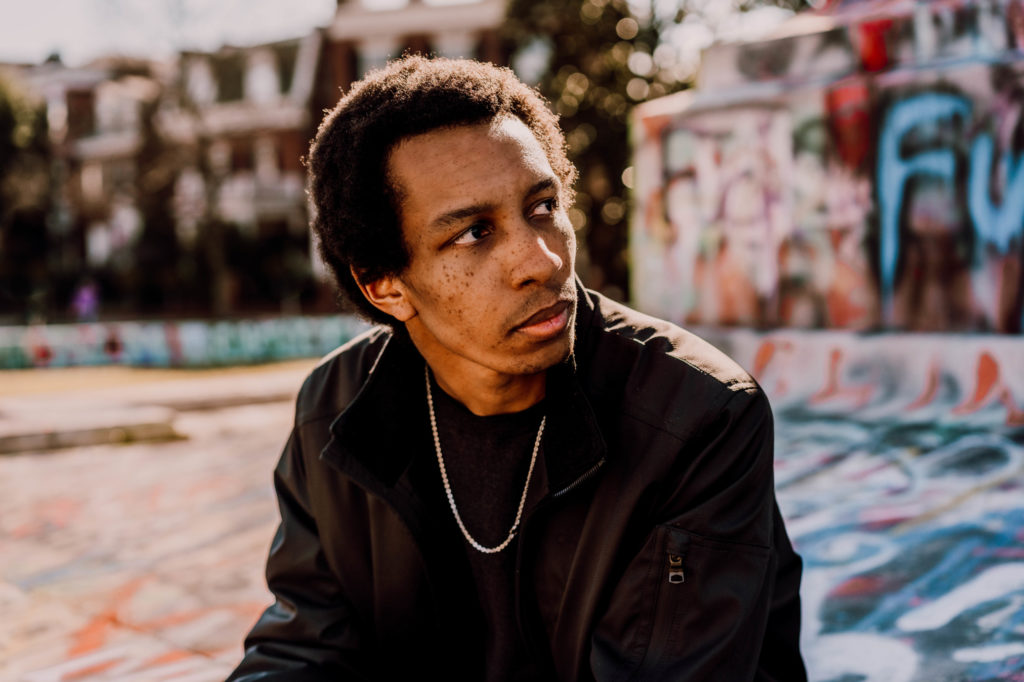

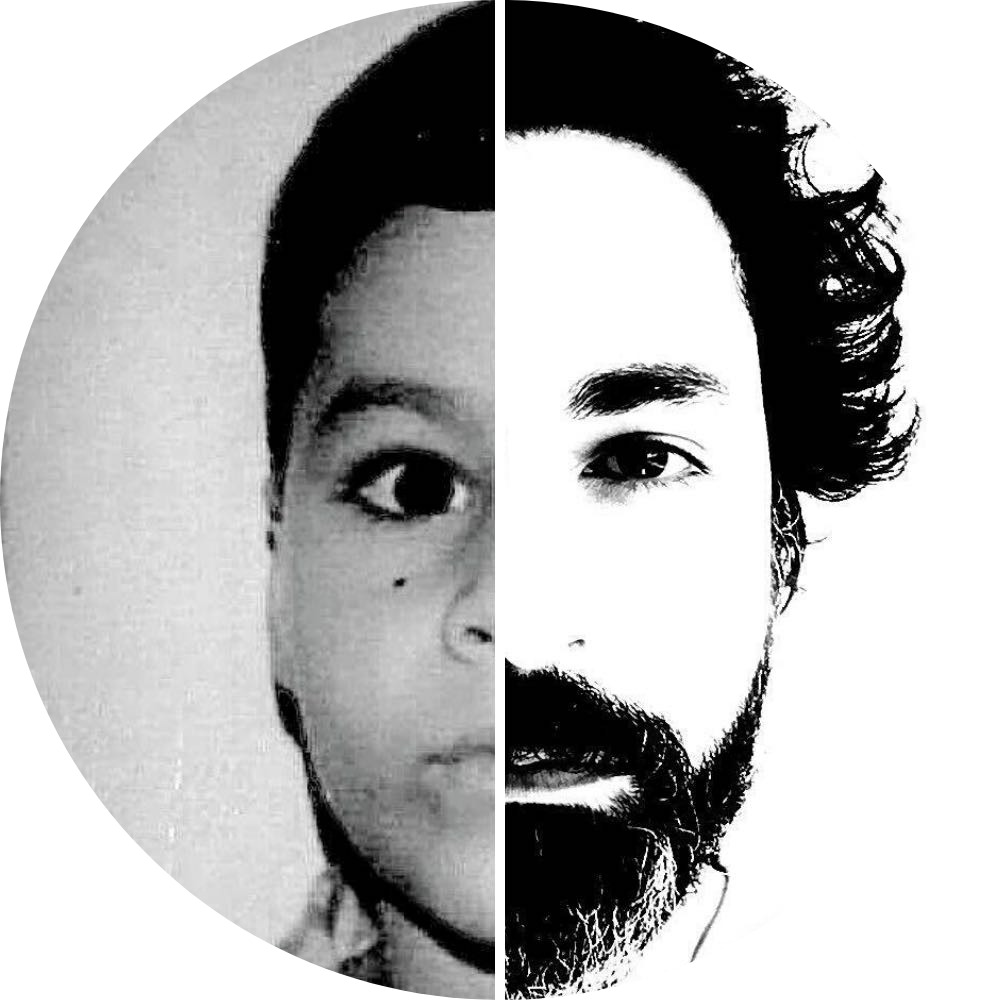
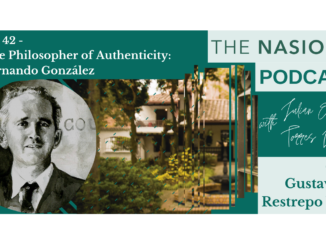
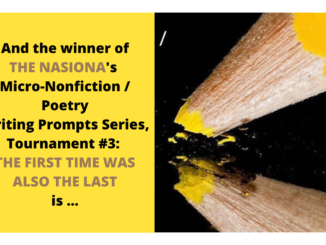
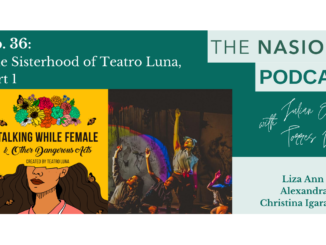
14 Trackbacks / Pingbacks
Comments are closed.